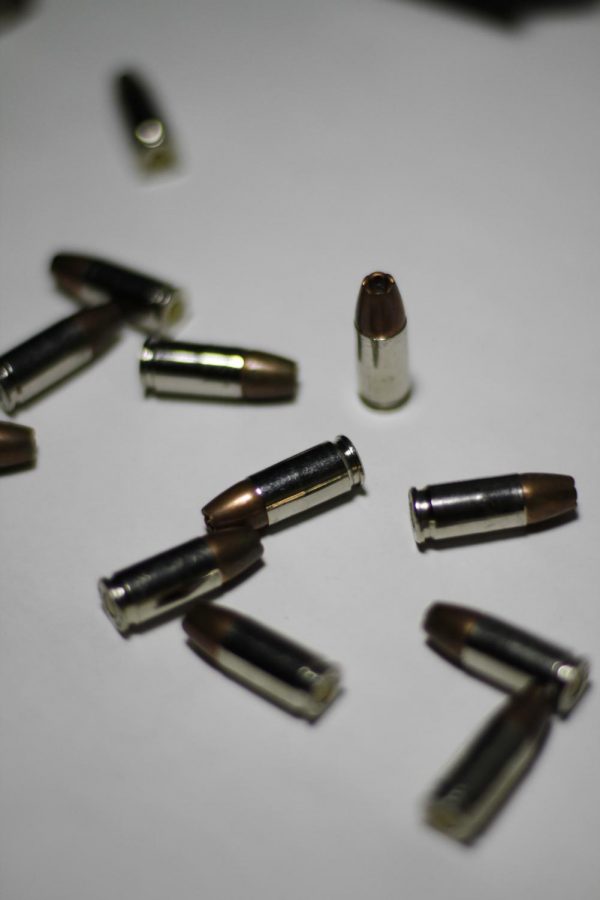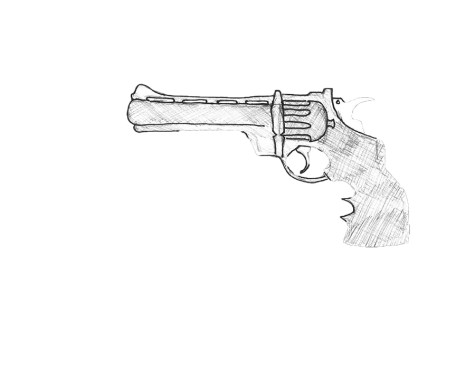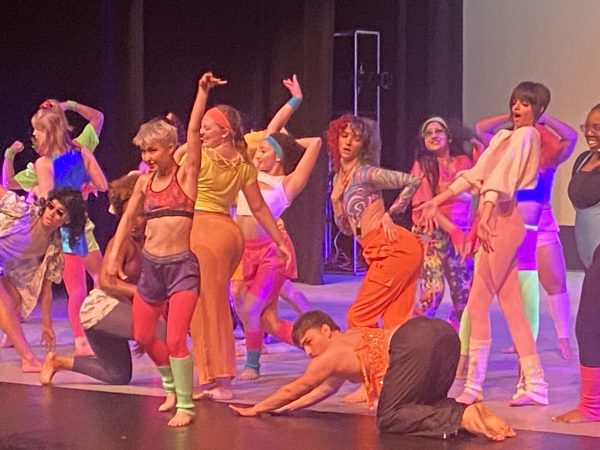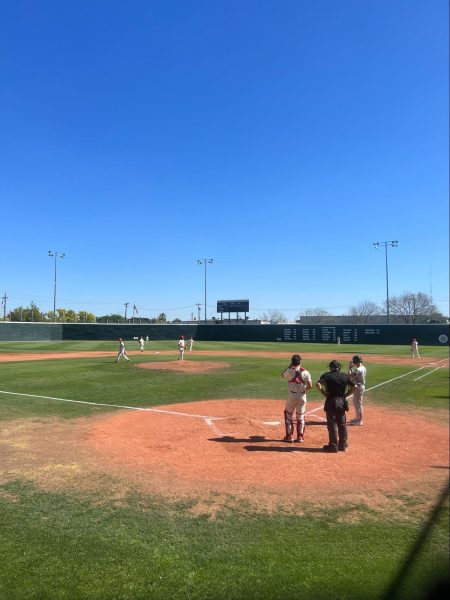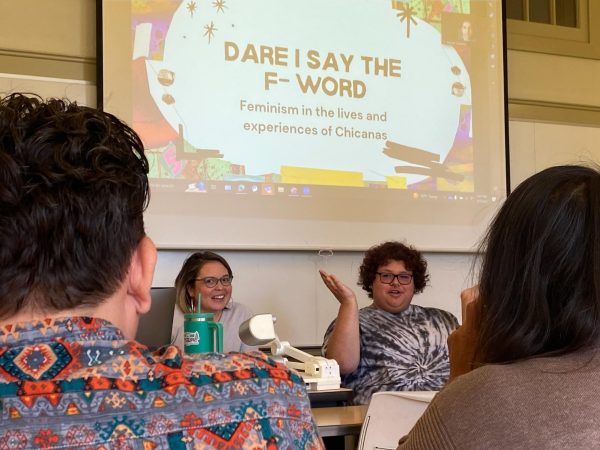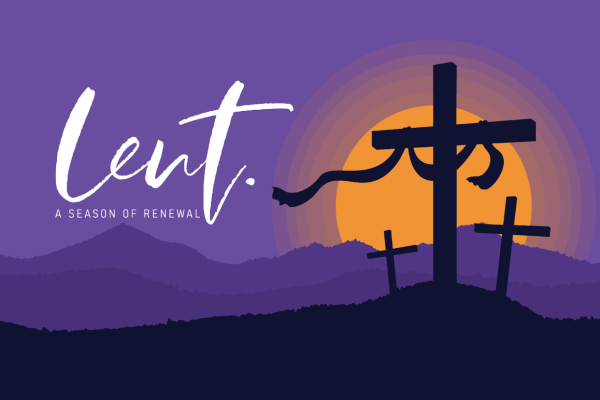When Can We Stop Writing These Headlines
Photo by: Leticia Leal
FCC was rocked by reports of a possible shooting threat on Tuesday, Aug. 20. Campus police later found no credible threat, but the possibility of the threat, and the proximity of that possibility, made students anxious all the same.
In El Paso, three weeks ago, a man with a gun opened fire in a Walmart, murdering 22 people, on August 3. Twenty-four were injured. Just over 12 hours later, another nine people were shot and killed in Dayton, Ohio. Both shooters were in their twenties, and both were young men.
A week before, in July, a shooter targeted a well known and well attended Garlic festival in Gilroy, California, only two hours away from Fresno.
That shooter probably had a lot in common with the two in August. They all probably have a lot in common with the Las Vegas shooter. Or the Isla Vista shooter. Or the Sandy Hook shooter. Or the originals, at Columbine. Or the many hundreds to come, because nothing substantively has changed since 22 people were murdered in El Paso.
The Rampage regularly publishes opinion pieces about gun control, and news pieces about student anxieties. And in our newsrooms we frequently debate it, discuss it, worry about it, wonder when it will happen here, and over everything hangs a sort of grim inevitability.
Fresno City College had its own scare just last week when a student overheard three others discussing a shooting that was due to happen that day. Luckily, there was none. A public statement from FCC Police Chief Jose Flores told us there was no evidence of a credible threat.
FCC President Carole Goldsmith released her own statement, as did Lataria Hall, the vice president of student services. All of the statements stressed the same things–we take these threats seriously in such violent times, and the responses from both on-campus and off-campus law enforcement were swift.
Everything worked as it should, and there was no threat.
Even so, anxieties mount. It is unclear from the statements if the three young men discussing the shooting were ever found or spoken to.
There was a heavier police presence; a law enforcement apparatus that moved quickly and efficiently to secure the campus, and all of us are thankful for it, especially in a world where mass killings are monthly, weekly, daily affairs, stumbling ever faster into the higher hundreds. But it shouldn’t matter because there was no shooting here.
Law enforcement did everything they could, and what they could do was substantial and important. But every student had that question as soon as they read that email, the question we had–what will the response be like when it’s real?
Sometimes we wonder what the point of all this is. Debating gun control. Writing about guns, and death, and dying. There’s a sort of weariness that comes with it, especially in the generation that saw Columbine in recent history, and remembers Sandy Hook just as vividly as we remember the failure of our leaders to respond.
What can we as student journalists really do? We feel powerless in the face of an overwhelming inevitability. It feels like it will happen here, like it must happen here because it has happened in so many places, as if the world is a roulette wheel and inevitably it will be our turn.
We know that’s fallacious. There’s no property of probability that says just because something happens often doesn’t mean it will inevitably happen to you. But fear has never been bound by rationality and logical proofs.
There is nothing rational about these young men that choose to kill.
We’re tired. Tired of reading about it. Tired of seeing our leaders do nothing. Tired of feeling unsafe in public spaces. Tired of feeling unsafe in places of learning. Tired of being more reassured by our college president than our country’s president.
But we do what we must: the work. Journalists report. And in our opinion section we cry out–for a change in this country. Our college authorities can only protect us as much as the country at large allows them to. We are not safe until our country is safe, until something is done.
The democrats say it is the guns. The republicans gesture weakly at words like mental health, committing to no policy, and offering no solutions. And we report our fears, our anxieties, and our hopes.
At this point, we are too weary to know what even to ask for. More gun control? A conversation about the psychology of young men? A dialogue about the white supremacy that drove the El Paso shooter, and many others?
The doctrine of inevitability is a form of denial. Accepting these incidents as some natural progression of an apocalypse means accepting that they must happen; that our world is a roulette wheel of death.
It isn’t so. We could all stop this. If only we knew how.

Leticia Leal, 19, is a fourth semester student at Fresno City College. She was born in Fresno and travels to Los Angeles often to visit her family. This...


